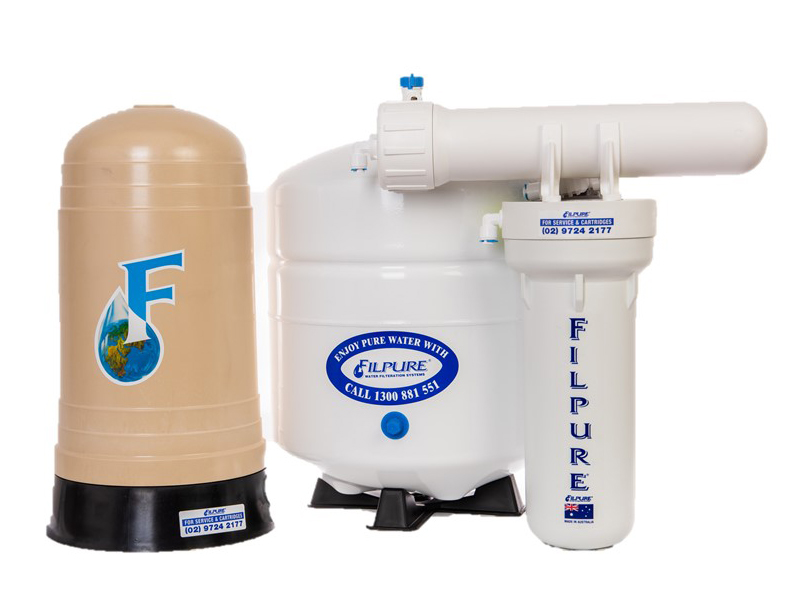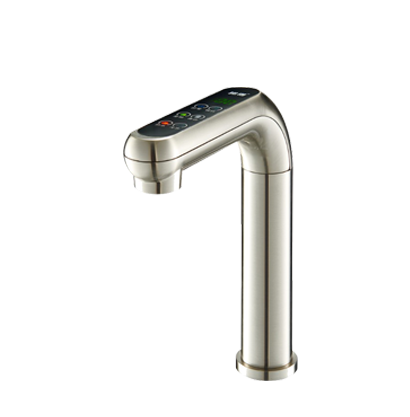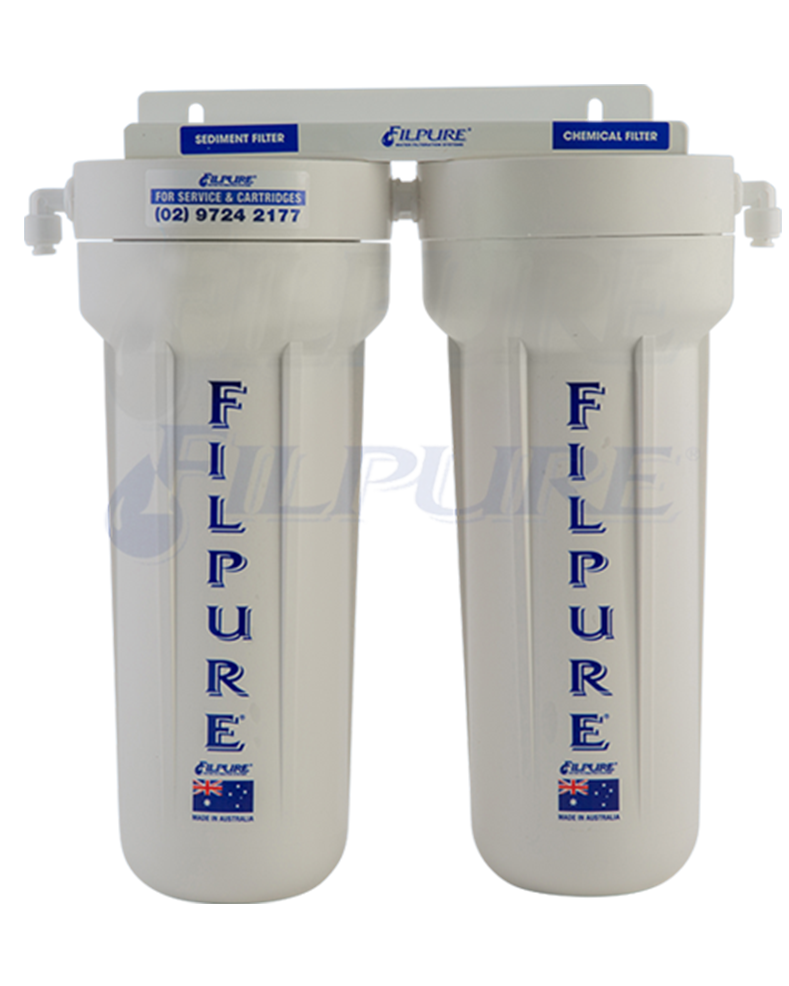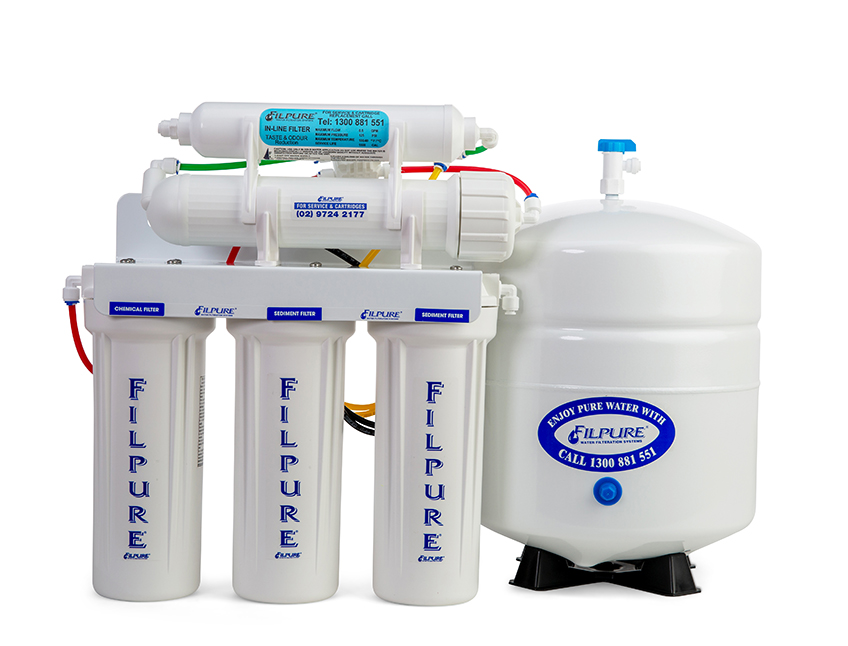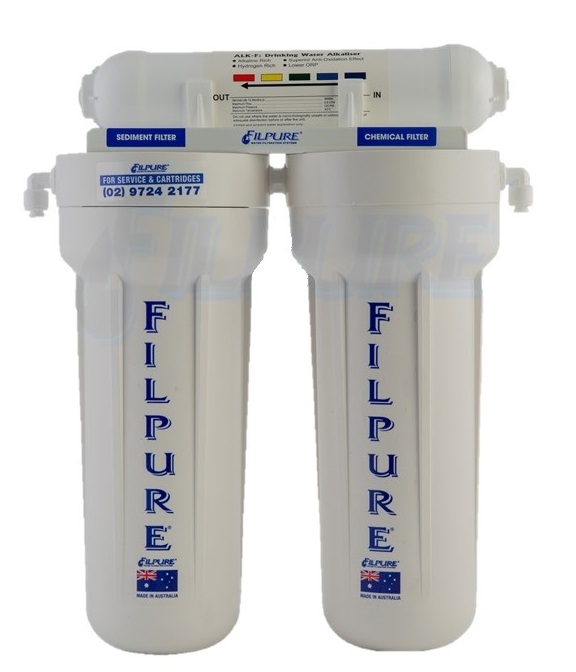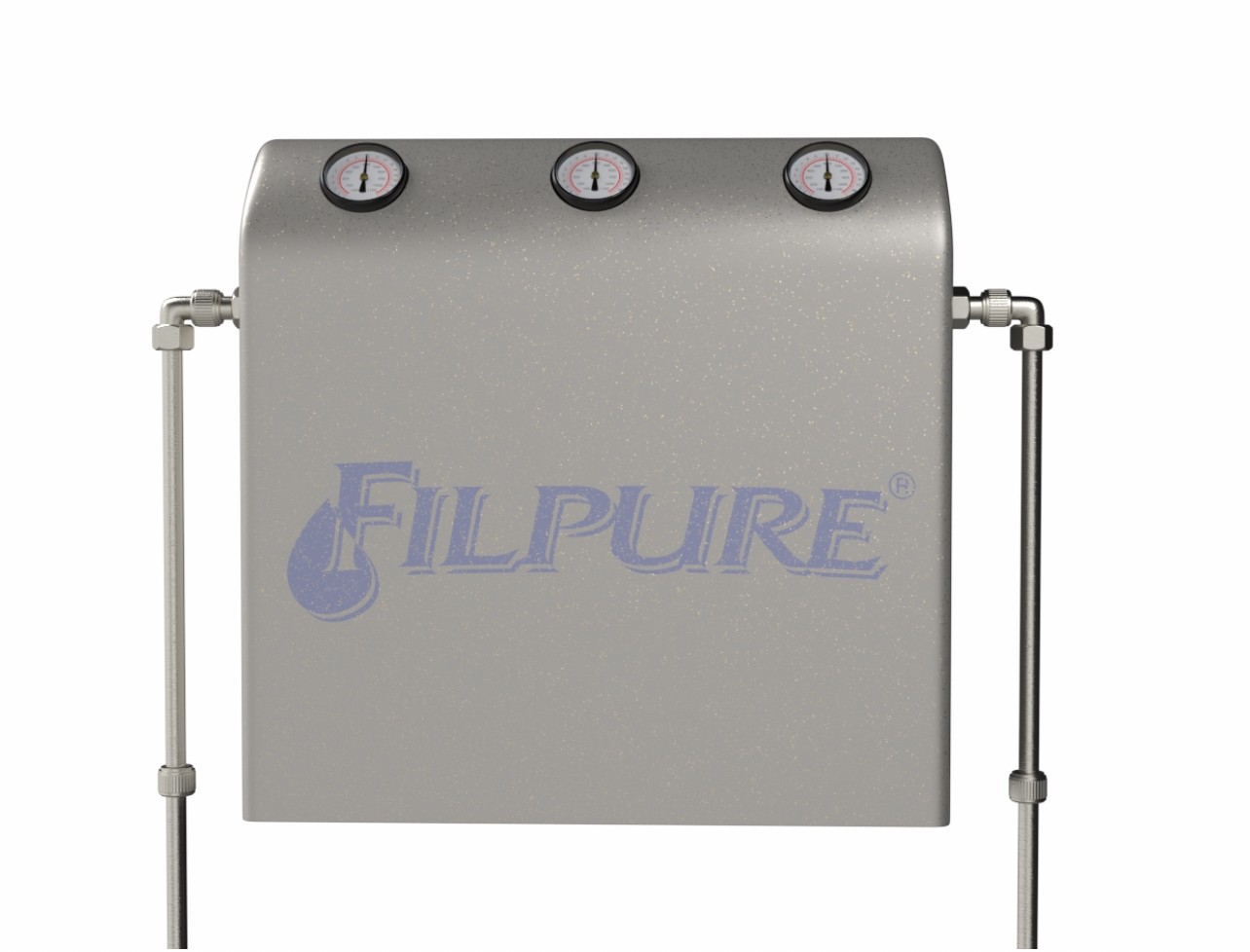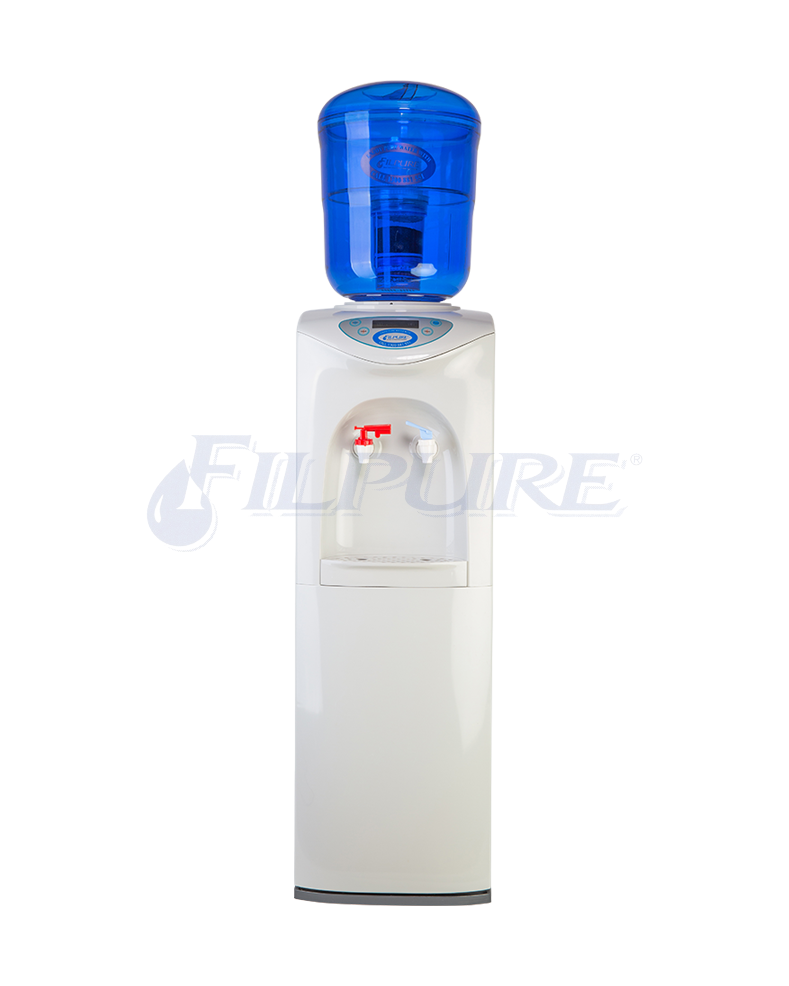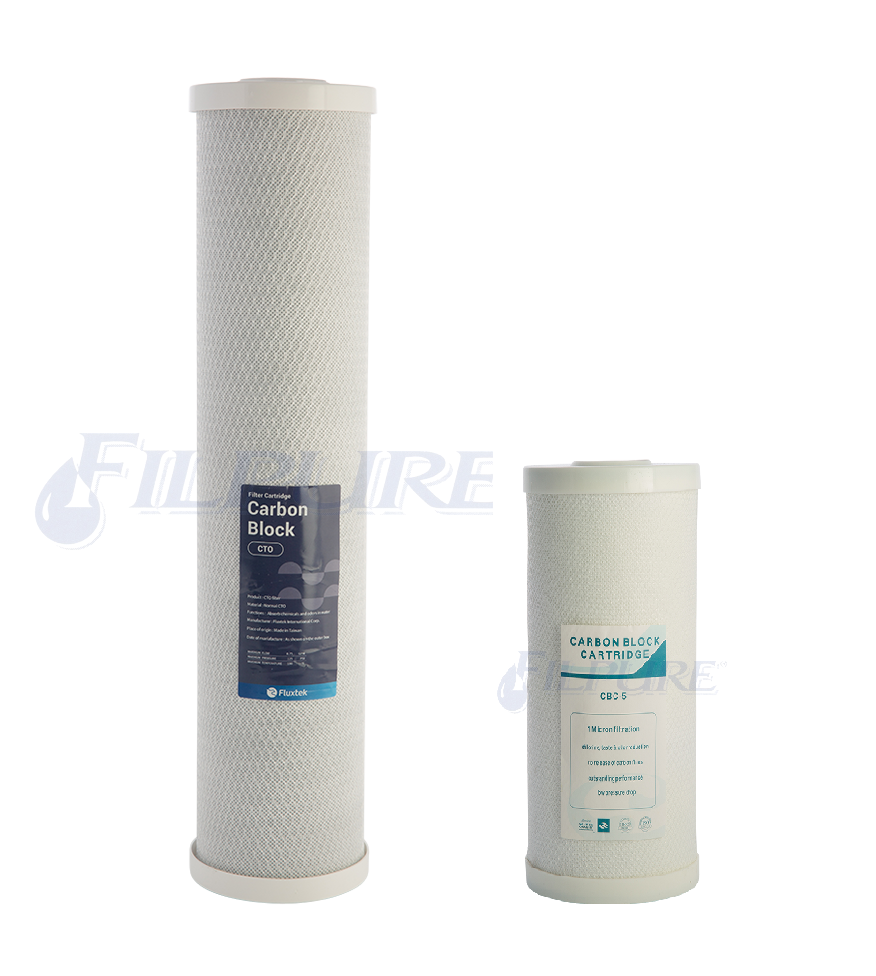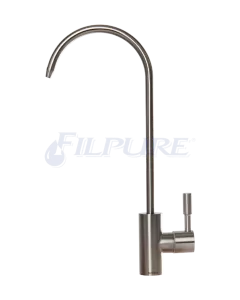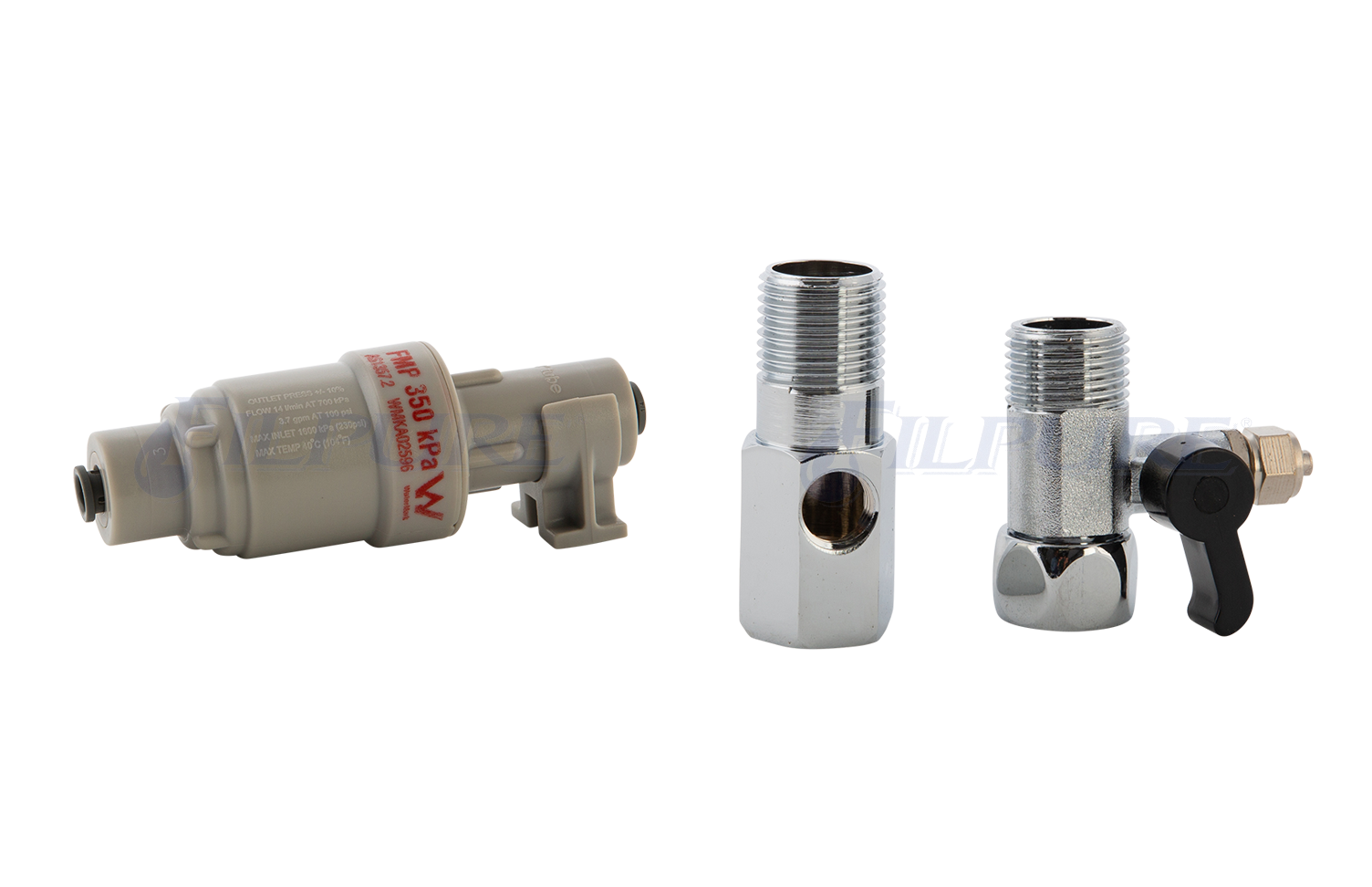Water Is the Essential Fluid of Life: Why Purity Shouldn’t Be a Luxury
Water is more than just something we drink, it’s a life-supporting necessity. It plays a central role in digestion, circulation, temperature regulation, and nutrient transport. Every system in the human body depends on clean water to function properly. But in major cities like Sydney, the purity of that water is often taken for granted.
Although water may reach your home looking clear, it can still contain contaminants that put your health at risk. Understanding what’s in your water and how to ensure its safety is crucial to protecting your family’s well-being.
The Body’s Dependence on Clean Water
1. Hydration Is More Than Quenching Thirst
Our bodies are made up of 50–70% water. Every cell, tissue, and organ relies on water to operate efficiently. When you’re even slightly dehydrated, you can experience fatigue, headaches, and difficulty concentrating. Over time, chronic dehydration may lead to kidney stones, joint problems, or digestive issues.
2. Water Regulates Vital Functions
Water helps maintain body temperature, lubricates joints, delivers oxygen through the blood, and flushes toxins out through the kidneys and liver. It also plays a role in skin health and cognitive function. But here’s the catch: The quality of water matters just as much as the quantity.
Contaminants in Sydney’s Water: What You Might Be Drinking
Sydney’s water is treated and monitored but that doesn’t make it perfect in many cases. Even after municipal processing, water can carry a range of unwanted substances picked up from pipes, catchment runoff, or old infrastructure. Some of the most common issues include:
- Chlorine
Used as a disinfectant, chlorine kills bacteria — but it also creates by-products like trihalomethanes (THMs) and haloacetic acids (HAAs). Long-term exposure has been linked to bladder cancer, reproductive issues, and asthma. Chlorine can also irritate skin and eyes, especially in children.
- Lead
Though banned in plumbing decades ago, lead still seeps into drinking water in older Sydney homes with outdated pipes. The metal accumulates in the body and can damage the brain, kidneys, and red blood cells. Children are particularly vulnerable, with lead exposure leading to developmental delays and learning problems.
- Cryptosporidium and Giardia
These microscopic parasites are resistant to traditional chlorine treatment and can slip through into the water supply. They cause gastrointestinal illness — something especially dangerous for people with weakened immune systems.
- Microplastics and PFAS (Forever Chemicals)
Emerging contaminants like microplastics and PFAS (found in industrial runoff) are now being detected globally, including in Australian water. These substances are linked to hormone disruption, liver damage, and increased cancer risk.
Bottled Water Isn’t the Solution
When faced with water quality concerns, many people turn to bottled water but this isn’t a sustainable or cost-effective fix. Here’s why;
- Environmental impact: Australia uses over 118,000 tonnes of plastic each year from bottled water alone.
- Health trade-offs: Bottled water is often just filtered tap water with fewer regulations, and it can still contain microplastics.
- Cost: Long-term, bottled water is significantly more expensive than at-home filtration.
The Case for Home Filtration in Sydney
Filtration provides peace of mind. Instead of relying on external sources or hoping your water is clean, you can take control by installing a point-of-use filter in your home.
There are different types of filtration systems depending on your needs:
- Whole-House Filtration
These systems treat water at the point it enters your home, removing sediment, chlorine, and other chemicals from every tap. It’s ideal for those with sensitive skin or anyone concerned about contaminants in the shower, laundry, or kitchen.
- Reverse Osmosis (RO)
RO systems push water through a semi-permeable membrane, removing up to 99% of dissolved solids and toxins — including lead, chlorine, fluoride, and microbes. They’re best for purifying drinking and cooking water.
- Under-Sink Water Filters
If you want a compact, affordable solution for everyday use, under-sink filters are a popular choice. They fit neatly beneath your kitchen sink and give you direct access to filtered water for drinking, cooking, and cleaning produce.
Final Thoughts:
Water is the essential fluid of life, but access to clean water should never be left to chance. While Sydney’s municipal system meets safety standards, it’s not immune to failures, aging infrastructure, or modern contaminants.
Filtering your water isn’t about paranoia, it’s about prevention. With clean water, you’re not just hydrating but you’re protecting your organs, nurturing your children, and supporting your long-term health. Whether through whole-house systems or compact under-sink units, filtration puts the power back in your hands.

